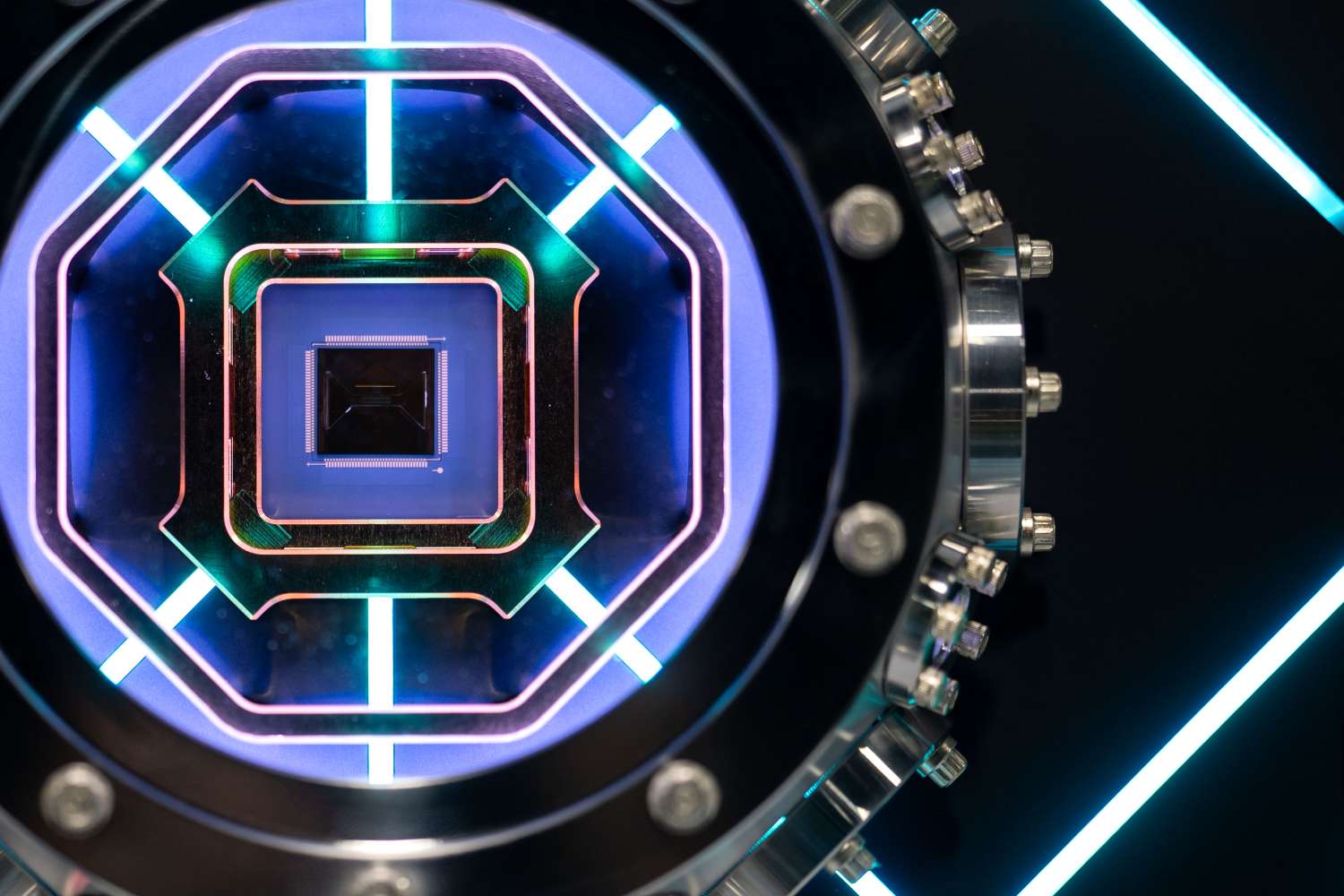Key Takeaways
- AI could significantly reduce inflation if it delivers on its labor-saving promises, at least one economist forecasts.
- Cooling prices are great news for Americans struggling to stay on a budget.
- Historically, revolutionary technology has tended to raise living standards, but the labor market transition could be painful.
If AI delivers on its promises, the economy of the future could have lower inflation and far fewer jobs.
That’s according to Chen Zhao, chief global strategist at Alpine Macroeconomics, who believes that today’s “jobless profit boom,” fueled by AI expansion, will lead to a low-inflation, low-employment economy in the near future.
“The chances are the surprise will be that inflation will be all lower than 2% by the end of next year,” Zhao said.
Cooling prices would be great for American households—at least for those who manage to stay employed in the AI-driven economy.
What This Means For The Economy
Some economists believe AI will reshape inflation and productivity trends, driving major shifts in U.S. economy.
How AI Could Push Down Prices
Productivity improvements may drive inflation below the Fed’s 2% goal, returning it to about the level it was before the pandemic disrupted global supply chains.
That would be a notable decrease from its current level of about 3%, and would prompt the Fed to lower its key interest rate in an effort to boost demand. (While too-low inflation is a nice problem to have, the Fed aims to keep it around 2% to encourage spending and keep the job market growing.)
Other economists and tech leaders have made similar predictions recently. Sam Altman, CEO of Open AI, told investors in March at a Morgan Stanley event that the technology’s disinflationary effect is underappreciated. Rick Reider, senior managing director at investment firm BlackRock, called the technology a force that pushes costs down and output up, leading to lower prices.
“If technology has always aimed to do more with less, AI is a breakthrough in doing more with far less,” he wrote in a recent blog post.
That price relief would come with a significant downside for workers displaced by the new technology. Indeed, the job slowdown has already arrived, although several factors beyond AI are discouraging employers from hiring, including uncertainty about trade policy and a significant decline in immigration.
Not everyone is convinced that AI will push down inflation. There are other forces pushing prices higher, including tariffs. In the short run at least, AI is pushing some prices up, not down: an analysis by Bloomberg found that wholesale electricity prices nearly quadrupled in areas near power-hungry AI data centers.
Indeed, a significant faction of the Federal Reserve’s policy committee believes inflation risks are high enough that the central bank should hold interest rates steady, rather than cutting.
And some experts see a risk that AI technology simply won’t pan out and deliver the labor-saving benefits its proponents promise.
If AI Saves Labor, Who Will Reap The Rewards?
Amazon’s recent layoff announcement is emblematic of the AI’s potential impact on the job market. The retail giant cut 14,000 corporate workers despite its profits rising, saying AI was making its operations more efficient.
“You’re basically using technology to replace people, and you produce more output or more profit with the same number of people or less,” Zhao said.
Zhao compared the situation of today’s white-collar workers at risk of AI displacement to the manufacturing employees whose jobs were swept away by globalization in the 1990s and 2000s. Globalization made the U.S. richer overall, but decimated blue-collar workers whose jobs were outsourced.
“The shock could be very rapid and very profound,” he said. “You can have a very large displacement of workers that need to be somehow taken care of.”
Since the Industrial Revolution began, new technologies allowing more work to be done by fewer people have, over the long run, improved the standard of living for most people. The same is likely to be true of AI, Zhao said, but he warned the transition period could be painful, especially in an economy that is already characterized by high levels of inequality.
